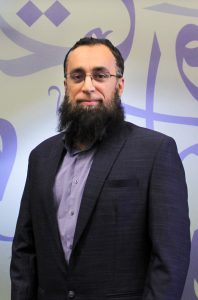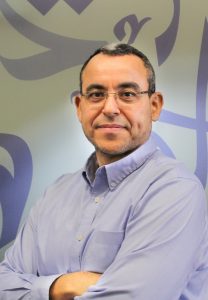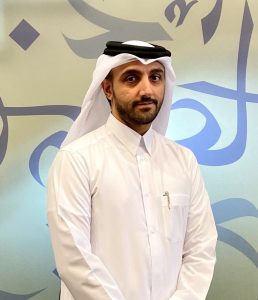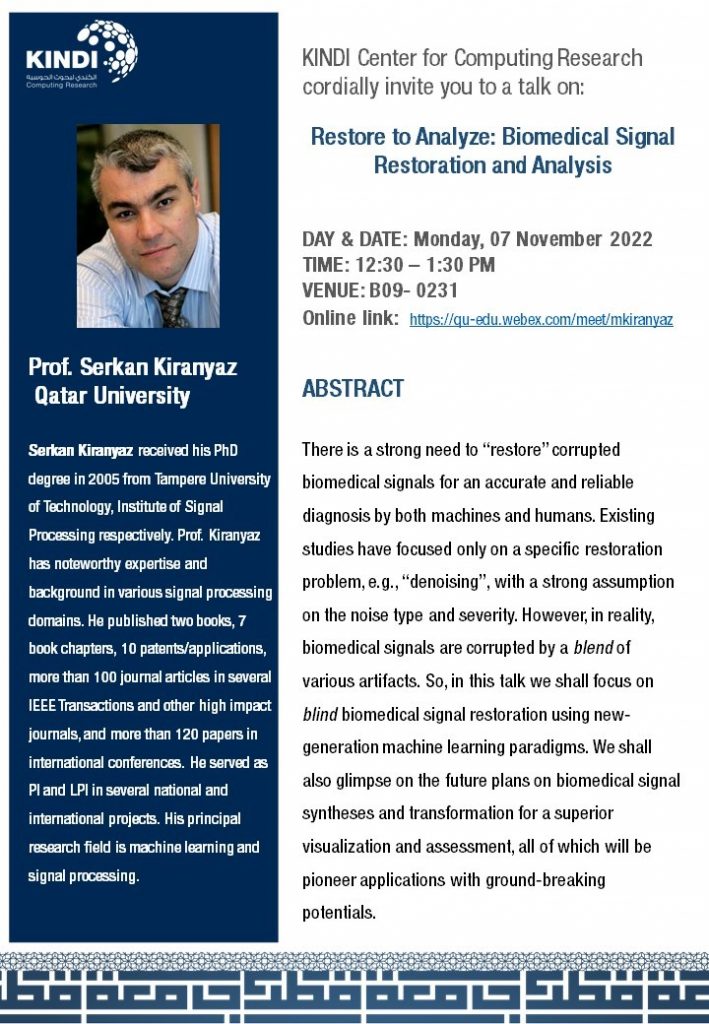Recent Posts
- Invitation to seminar| Reliable communication from 5G to 6G networks
- Invitation to seminar| Quantum Computing: Potential and Opportunities
- Invitation to seminar| Wearable electronics in the metaverse space -Challenges and Opportunities
- Invitiation to seminar| Satellite Spoofing Detection and Mitigation
- Invitation to seminar| Application of DRONS with Artificial Intelligence in military operations
Archives
- April 2024
- March 2024
- February 2024
- January 2024
- December 2023
- November 2023
- October 2023
- September 2023
- June 2023
- May 2023
- April 2023
- March 2023
- February 2023
- January 2023
- December 2022
- November 2022
- October 2022
- September 2022
- August 2022
- May 2022
- April 2022
- March 2022
- February 2022
- January 2022
- December 2021
- November 2021
- October 2021
- September 2021
- August 2021
- July 2021
- May 2021
- April 2021
- March 2021
- February 2021
- January 2021
- December 2020
- November 2020
- October 2020
- September 2020
- August 2020
Categories
CSE faculties awarded QU grants
November 23, 2022 / Leave a comment
Congratulations to the CSE faculties who were awarded several QU internal grants this cycle. Here is an overview of the winning projects led by our faculty members.

Project title: “Towards Robust Ethical and Pro-Social Artificial Intelligence Enabled Extended Reality (AI-XR) Metaverse Applications”
Project’s team: Dr. Junaid Qadi (CENG) (LPI), Dr. Osama Halabi (CENG), Dr. Ezieddin Elmahjub (CLAW), Dr. Abdulaziz Khalid Al-Ali (CENG), Dr. Khaled Shaban (CENG), Dr. Muhammad Bilal (UWE, UK).
Grant) category: High Impact Grant
Project abstract: These days the Metaverse—a more powerful and immersive iteration of the Internet—in which the virtual and physical world and realities will be seamlessly meshed—is fast emerging. The metaverse will be based on Artificial Intelligence (AI) and Extended Reality (XR) applications that leverage Virtual Reality (VR), Augmented Reality (AR), and Mixed Reality (MR) technological developments. The metaverse, like the current Internet, will leverage information and communication technologies (ICT), but it will be qualitatively different by enabling real-life-like 3-D experiences through the incorporation of AI-XR technologies. The adoption of the vision of metaverse by numerous companies such as Facebook (now called Meta), Microsoft, Google, and Amazon, and the infusion of billions of dollars of investment, promises to be the harbinger of a great transformation. However, there are numerous open socio-technical issues that need investigation. How can we ensure that the wellbeing of the society and the human individuals improves through the development of the metaverse? How can we ensure that the virtual world is more safe, inclusive, and pro-social? In this project, we propose to study these problems as a transdisciplinary team comprising of principal investigators from the College of Engineering, College of Law, and College of Arts and Sciences at the Qatar University. The team is well-positioned to undertake this research due to their prior background in AI Ethics, AI Regulation, XR technology from complementary perspectives (engineering, socio-technical, ethical, legal, and philosophical). We will study the security and robustness of AI-XR Metaverse Applications and will develop technical, policy, and legal solutions for ensuring a Secure, Robust, and Prosocial Future for AI-XR Metaverse Applications. Through this research project, we aim to develop research linkages across QU Colleges and Centers and perform capacity building while also working on a project that has national, regional, and international significance.

Project title: “Pervasive AI-Based smart health framework over 6G Networks”
Project’s team: Dr. Amr Mohamed (CENG) (LPI), Dr. Elias Yaacoub (CENG) Dr. Abdulla Al-Ali (CENG), Dr. Nikhil Navkar (Collaborator)
Grant category: IRCC grant
Project abstract: Smart health (s-health) technologies have great potential to improve healthcare services of countless individuals. However, we need to proactively address the technical, social, and ethical challenges appearing with the deployment of such technologies, hence, the potential benefit is not hindered. The prompt evolution of Artificial Intelligence (AI) approaches, Internet of Things (IoT)-based systems, and 6G technologies is paving the road towards a plethora of s-health applications. Indeed, pervasive AI, defined as the paradigm of smartly distributing AI techniques in healthcare systems, has been envisioned to revolutionize several societal, economic, and industrial aspects of our future by enabling real-time machine-to-machine and human-to-machine interactions in the 5G era and beyond. Thus, our vision is to provide scalable and cost-effective healthcare services for the Qatari citizens without even getting to the hospital. Our project goal will be broadly to develop a pervasive AI-based s-health framework that integrates the power of AI for efficient medical data processing with 6G technologies for providing smart and policy-driven medical data management. We plan to leverage advanced AI techniques at different network’s levels, such as federated learning, and multi-agent reinforcement learning, while providing optimized medical data delivery across heterogeneous 6G network for immediate response, i.e., minimum delays, and energy efficiency. Hence, driven by dignified progress in computational and communication techniques, we believe that we can support a radical improvement in healthcare systems. Furthermore, one of our aims is to support good coordination and collaboration amongst different healthcare stakeholders and national health information systems through developing an s-health data sharing system to jointly gather, process, and analyze health-related information. Through this project, we plan to foster the collaboration with international partners in University of Guelph, in addition to the local healthcare stockholders, such as Hamad Medical Corporation. This will enable us to develop innovative techniques for diagnosis, prognosis, development of follow-up therapeutic strategies for the patients, while focusing on the health priority areas in Qatar, such as diabetes, cancer, and neurological diseases. Specifically, we plan first to design and implement a novel architecture that leverages AI approaches and 6G technologies to fulfill diverse QoS requirements of s-health applications. Then, we will leverage this architecture for developing optimized AI-based processing, event-detection, and network-aware solutions that aim to collect, process, and transfer the acquired patients’ data in an efficient and cost-effective way that allows for implementing advanced healthcare services.

Project title: “Bypassing Intrusion detection systems using Generative Adversarial Networks”
Project’s team: Dr. Abdulaziz Al-Ali (QU-KINDI/GENG) (LPI), Dr. Abdelhak Belhi (Joaan bin Jassim Academy for Defense Studies, Ministry of Defense), Dr. Abdelaziz Bouras (GENG), Dr. Sandy Rahme (QU-KINDI)
Grant category: Collaborative grant
Project abstract: In this project, the goal is to investigate the ability to automatically bypass network intrusion detection systems and firewalls using generative models placed in a reinforcement learning setup. The overall idea consists of leveraging recent advances in machine learning and artificial intelligence to validate the claim that bypassing security appliances in networks can be automated and made easier. The current state of the art suggests that using generative models for network packet crafting has great potential when it comes to the quality of the generated packets; thus, motivating us to direct the packet generation towards the specific goal of the project.

Project title: “Intelligibility Assessment of Dysarthria using Vocal Information and Machine Learning for Healthcare Application”
Project’s team: Dr. Sumaya Al-Maadeed(GENG) (LPI), Dr. Moutaz Saleh (CENG), Dr. Abdulnaser Fakhrou (CEDU), with collaboration with VIT University, India.
Grant category: International Research Collaboration Co-Fund
Project abstract: Speech disorders related to neurological problems affect the person’s ability to communicate through speech. Dysarthria is a speech problem caused by muscle weakness, resulting in slurred, slow, and incomprehensible speaking. Automatic dysarthria intelligibility assessment from speech can be a useful clinical tool in the treatment of dysarthria. Cerebral palsy, amyotrophic lateral sclerosis (ALS), and Autism spectrum disorder are dysarthric severe speech disorders. In the project, we aim to develop a tool to detect the early stage of dysarthric disorders. In the first part of the work, we mainly concentrate on feature extraction using the glottal excitation source, spectral and prosodic features of verbal and non-verbal vocalizations. In the second part of the work, we aim to use machine learning algorithms to detect the stage of the particular speech disorder. Further, by using the proposed feature extraction process and machine learning algorithms we aim build a cost effective tool to detect the early stage and severe speech disorder. Later, we aim to deploy the developed tool in healthcare centers to detect the early stage of Dysarthric and other speech disorders. Prior to develop the tool, we aim to collect voice samples from the dysarthric person.

